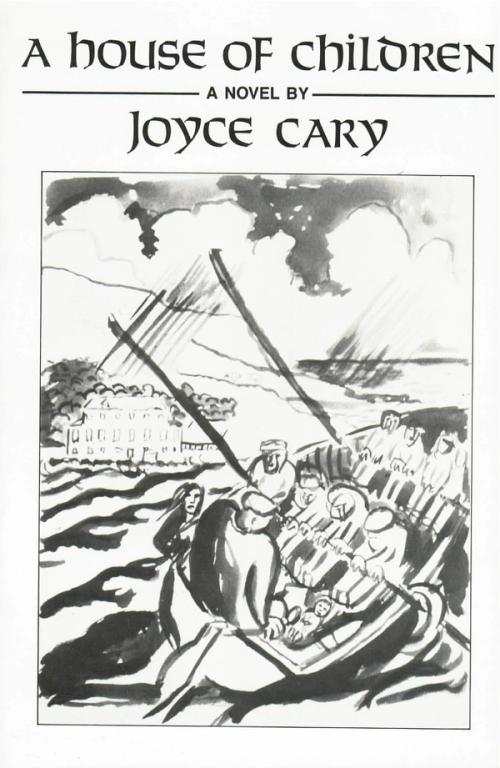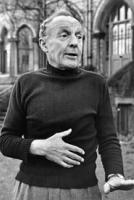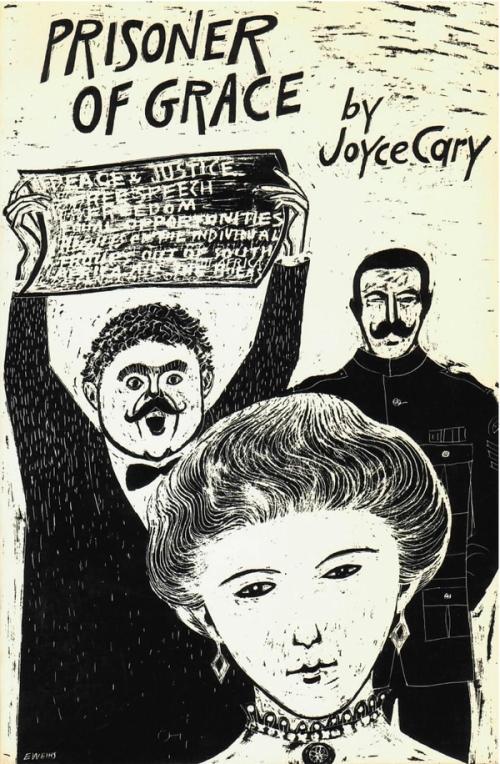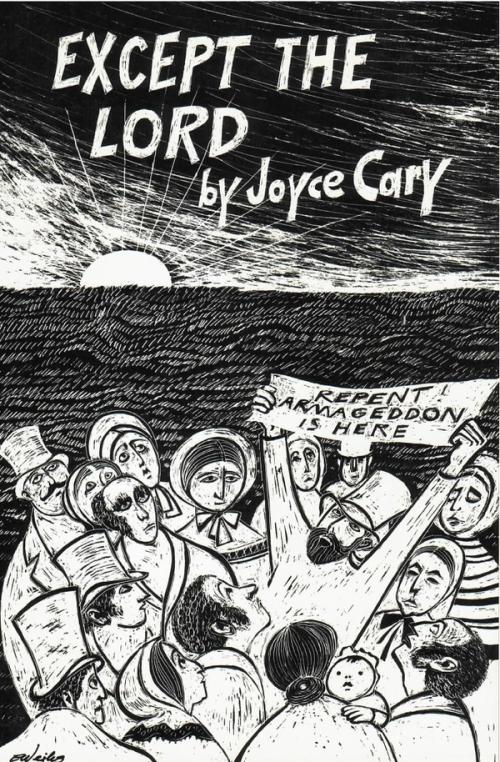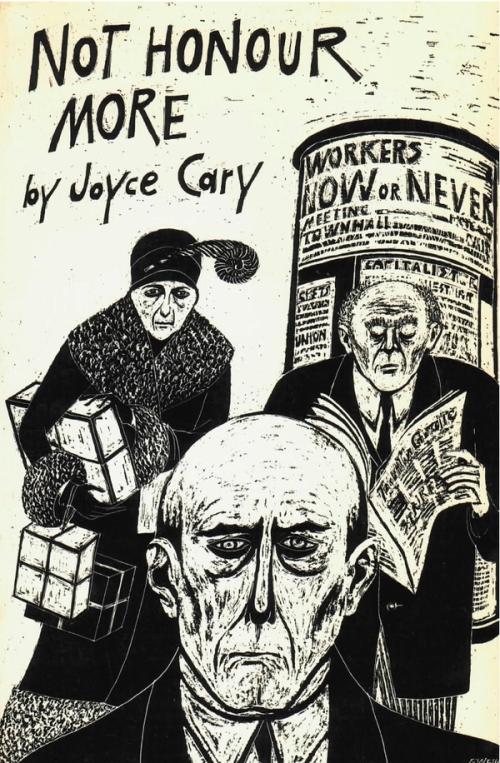House Of Children
Fiction by Joyce Cary
A House of Children (1941) is the late English novelist Joyce Cary’s nearly autobiographical story of childhood summers spent in Donegal. Similar in spirit and structure to James Joyce’s A Portrait of the Artist as a Young Man, the novel is a series of “epiphanies” experienced by a young boy, Evelyn. Nothing that could engage a youthful imagination is unworthy of mention: a day’s sail to the caves, midnight swims, or a ferry boat ride. In this engaging tale, Cary probes to the root of Evelyn’s relationship with his perpetually changing world. Bit by bit, Evelyn matures, until he is almost ready to enter that magical region ahead, inhabited by aunts, uncles, and other incomprehensible adults. This edition of A House of Children includes the author’s preface, previously unpublished in the U.S.
Paperback(published Nov, 01 1986)
- ISBN
- 9780811210089
- Price US
- 8.95
